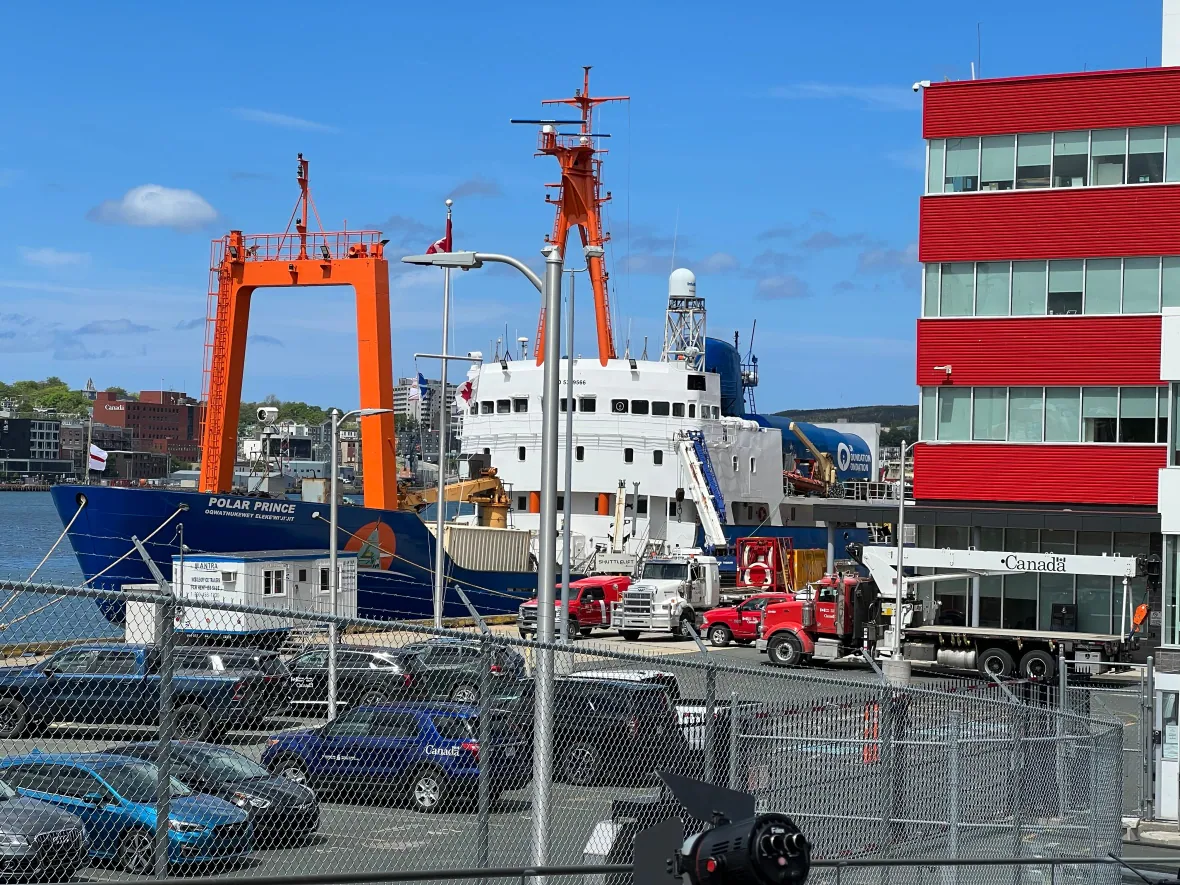A citizens’ group opposed to burying Canada’s stockpile of spent nuclear fuel beneath a southwestern Ontario farm town is pushing for a traditional paper ballot instead of an online vote in an upcoming referendum on whether to accept radioactive waste.
Canada’s nuclear industry’s longstanding search for a disposal site for its highly radioactive waste has narrowed down to two potential host communities in Ontario: Ignace (four hours northwest of Thunder Bay) and the Municipality of South Bruce (two hours north of London).
In South Bruce, the community remains deeply divided over the prospect of becoming a host. Some view it as an opportunity to revive the local economy lost with the decline of farming, while others fear the risks associated with welcoming radioactive waste.
In a recent decision, South Bruce town councillors agreed on the wording of the official ballot question: “Are you in favour of the Municipality of South Bruce declaring South Bruce to be a willing host for the Nuclear Waste Management Organization’s (NWMO) proposed deep geological repository?”
Stein pointed out a key difference between paper ballots, which are open to audit and verification by anyone, and computerized voting systems. She argues that the process by which a computerized system sorts and tallies ballots is largely opaque to the general public, concealed within source code that’s incomprehensible to those without specialized expertise.


